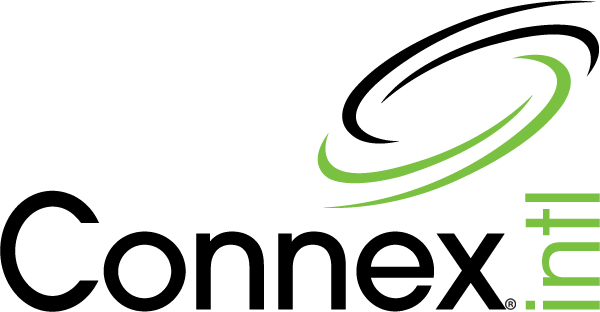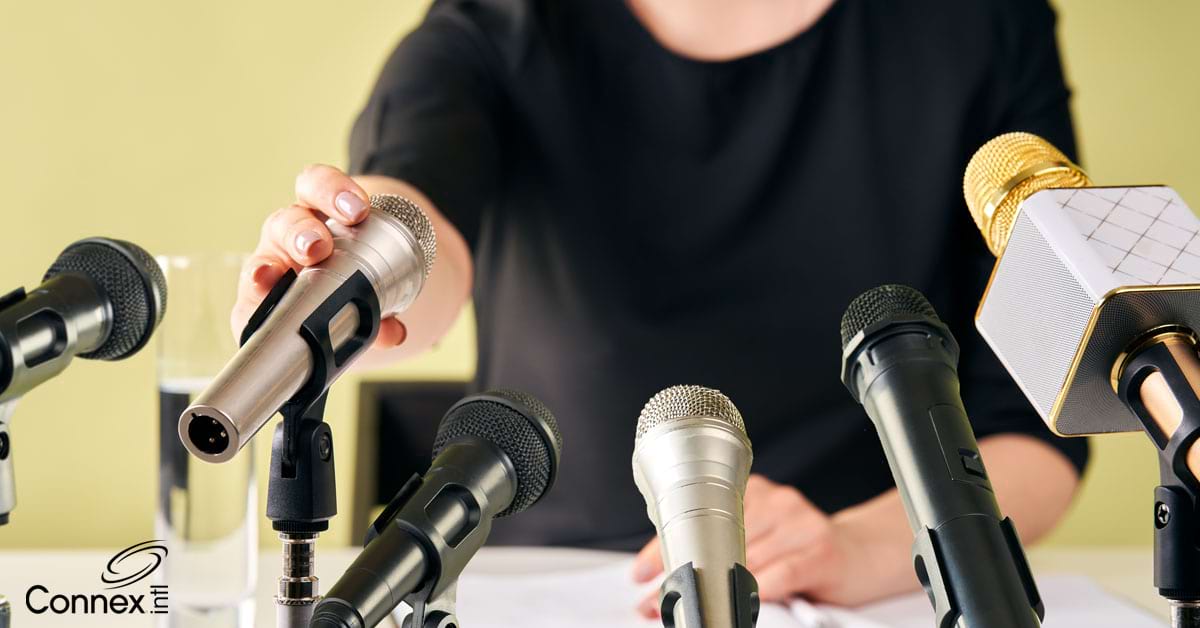How to Maximize Press Calls for Success
Whether it’s the launch of a new product, a big company announcement, or something else entirely, the point of press calls remains the same: Your organization has news to share. So, what do you do? Send out a generic release to your entire list of press contacts and cross your fingers?
Trust us—there’s a better way. Press calls are an effective and efficient method for getting your message into the hands of reporters, while also establishing beneficial relationships with the the media. During these calls, you can have as many reporters on the line as necessary to hear your big news. But, rather than broadcasting your message the way you would in a traditional press release, there’s another way. You can interact with attendees, answer questions, and give them all of the information they need to leave that call and run with your story.
Sounds great, right? We thought so. Here’s what you need to know to make the most of your press calls.
1. Setting the Stage: Choosing the Perfect Time for Your Press Call
Timing is everything. The media landscape is incredibly deadline-driven, with reporters constantly on the lookout for the next big story. To ensure your press call doesn’t get lost in the shuffle, schedule it during the morning hours, ideally between 9 and 10 AM. This timing allows journalists to attend your call and still have the remainder of their day to draft and file their stories. Which therefore increases the likelihood of your news being covered while it’s still fresh.
2. Preparation is Key: How to Equip Yourself for Success
Preparation cannot be overstated. Before the call, ensure all speakers are well-versed in the key points they need to convey. Similarly, ensure they have a clear understanding of who will handle different types of questions. A dry run can help identify any potential gaps in your presentation, ensuring you’re ready to provide all necessary information without needing to follow up after the call. This level of preparation not only streamlines the process but also demonstrates your respect for the time and professionalism of the attending media personnel.
3. Enhancing Your Press Call with Operator Assisted Conferencing
To elevate the professionalism and efficiency of your press call, consider utilizing operator assisted conferencing. This service assigns you a designated conference coordinator to manage call quality and moderate the Q&A session, allowing you to focus on delivering your message. The formality and smooth operation of an operator-assisted call can significantly enhance the media’s perception of your announcement, making it a worthwhile investment.
4. Building Bridges: The Importance of an Attendee Report
An often-overlooked aspect of press calls is the opportunity to build ongoing relationships with the media. An attendee report, typically provided with operator-assisted calls, is invaluable for this purpose. It allows you to follow up with attendees, thank them for their time, address any additional questions, and lay the groundwork for future interactions. This follow-up can be the beginning of a mutually beneficial relationship with key figures in the media.
5. Reflect and Refine: The Power of Post-Call Analysis
Every press call is a learning opportunity. By reviewing a recording of your call, you and your team can reflect on what went well and identify areas for improvement. This post-call analysis is crucial for refining your approach to future press calls. The post-call analysis will ensure continuous improvement in your communications strategy.
6. Engaging Your Audience: Tips for a Dynamic Press Call
Finally, to truly captivate your audience, it’s important to make your press call as engaging as possible. Here are a few tips:
- Start with a Strong Hook: Begin your call with a compelling statement or interesting fact that grabs attention.
- Be Concise and Focused: Keep your message clear and to the point to maintain engagement.
- Encourage Interaction: Allow ample time for questions and encourage participants to engage with the content.
- Provide Exclusive Insights: Offer unique information or perspectives that can’t be found elsewhere, making your call an invaluable resource for attendees.
Mastering the art of the press call can significantly amplify the reach and impact of your announcements. By choosing the right time, preparing thoroughly, utilizing professional conferencing services, following up with attendees, and continuously refining your approach, you can establish productive relationships with the media and ensure your news makes waves. Remember, in the fast-paced world of digital media, a well-executed press call can be the difference between making headlines and getting lost in the noise.
Ready to use operator assisted conferencing for your next press call? Get in touch!



